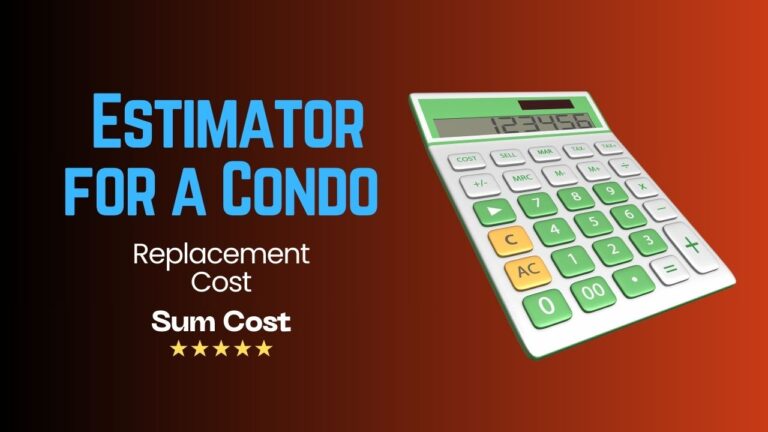Replacing windows can greatly enhance a home’s appearance, energy efficiency, and overall value. The replacement cost for windows varies based on several factors, including the type of window, materials used, and labor costs in your area. For those considering window replacement, understanding the different price ranges, available materials, and installation details can be beneficial for budgeting and decision-making. This guide will break down the costs associated with window replacement, covering various types and factors that affect pricing, to help you make an informed choice.
Windows play a crucial role in a home’s insulation and comfort, impacting energy bills and home temperature control. For this reason, upgrading to more efficient windows can be a wise investment, with the potential for long-term savings. Additionally, modern window designs can boost curb appeal and home resale value, offering both practical and aesthetic advantages. By the end of this guide, you’ll have a clear understanding of what to expect regarding window replacement costs and the key elements to consider when choosing the right windows for your home.
Overview Table: Replacement Cost for Windows
| Type of Window | Average Cost per Window | Material | Energy Efficiency | Installation Cost Range |
|---|---|---|---|---|
| Single-Hung | $100 – $400 | Vinyl, Wood | Moderate | $150 – $300 |
| Double-Hung | $300 – $800 | Vinyl, Wood | High | $200 – $400 |
| Sliding | $150 – $600 | Aluminum, Vinyl | High | $150 – $350 |
| Casement | $300 – $1,000 | Wood, Fiberglass | Very High | $200 – $500 |
| Picture | $350 – $1,200 | Fiberglass, Vinyl | High | $250 – $700 |
| Bay/Bow | $1,000 – $5,000 | Wood, Vinyl | Moderate | $500 – $1,000 |
Types of Replacement Windows and Cost Breakdown
Single-Hung Windows
Single-hung windows are a popular choice due to their simplicity and lower cost. They have one fixed upper sash and a movable lower sash, making them easy to use and affordable. For those seeking a basic, functional option, single-hung windows typically range from $100 to $400 per window. Installation costs generally add another $150 to $300 per window, making this one of the most budget-friendly choices.
Double-Hung Windows
Double-hung windows are versatile and feature two operable sashes, offering improved ventilation and ease of cleaning. These windows tend to have higher energy efficiency and are a common choice for homeowners seeking better temperature control and ventilation options. The cost per window can range from $300 to $800, with installation adding $200 to $400.
Sliding Windows
Sliding windows operate by gliding horizontally, offering a wide view and excellent airflow. They are ideal for areas with a need for broader windows and are often more affordable than other options. The cost per sliding window falls between $150 and $600, with installation costs from $150 to $350, depending on materials and design.
Casement Windows
Casement windows open outward with the help of a crank, which allows for maximum ventilation. Known for their high energy efficiency, they are often chosen for rooms where airflow and natural light are priorities. The cost for casement windows ranges from $300 to $1,000 per window, with installation costs around $200 to $500.
Picture Windows
Picture windows are fixed, non-operable windows that provide a clear, unobstructed view. They are typically larger and often more expensive due to their specialized glass options for better energy efficiency. The average cost for picture windows falls between $350 and $1,200, with installation ranging from $250 to $700.
Bay and Bow Windows
Bay and bow windows are known for their unique, curved shape, adding character to a home. These are more complex installations and require specialized labor, making them a more premium choice. Prices range from $1,000 to $5,000, with installation costs ranging from $500 to $1,000 due to the customized nature of the work.
Factors Affecting Window Replacement Costs
- Material: Different materials, such as vinyl, wood, and fiberglass, come at varying price points. Vinyl windows tend to be more affordable, while wood and fiberglass offer better insulation and aesthetics but come at a higher cost.
- Window Size and Customization: Larger windows or custom-shaped windows typically require more materials and labor, increasing the cost.
- Energy Efficiency: Windows with double or triple-pane glass, Low-E coatings, and gas-filled insulations are often more expensive but help in reducing energy bills.
- Labor and Installation Costs: Installation costs vary widely based on region, local labor rates, and window complexity. Professional installation is recommended to ensure proper fitting and maximize the window’s lifespan.
Conclusion
Understanding the replacement cost for windows is crucial for anyone looking to enhance their home’s energy efficiency, appearance, and resale value. From budget-friendly single-hung windows to premium bay and bow options, there’s a wide range of choices to suit different preferences and budgets. By evaluating the window type, material, and energy efficiency needs, homeowners can make an informed decision that aligns with both their aesthetic goals and budget.
Frequently Asked Questions (FAQs)
What is the most affordable type of window replacement?
Single-hung windows are typically the most budget-friendly option, with prices ranging from $100 to $400, plus installation costs. They offer basic functionality and are popular in homes where budget is a priority.
How much does it cost to replace windows with energy-efficient options?
Energy-efficient windows, such as double or triple-pane options with Low-E coatings, generally cost more upfront but can save on energy bills over time. Prices range from $300 to $1,200, depending on the type and energy efficiency level.
Are there additional costs beyond the window itself?
Yes, installation costs can add significantly to the total price, ranging from $150 to $1,000 per window, depending on size, type, and labor rates. Customizations or structural adjustments may also increase costs.
How often should windows be replaced?
Most windows last 15-20 years, but factors such as climate, material, and maintenance can impact their lifespan. High-quality, energy-efficient windows tend to last longer with minimal maintenance.
Can I replace windows myself to save money?
While DIY installation is possible, professional installation is recommended to ensure proper fitting, which helps in maximizing energy efficiency and the lifespan of the windows.





[…] Replacement Cost for Windows: A Comprehensive Guide […]
[…] Replacement Cost for Windows: A Comprehensive Guide […]